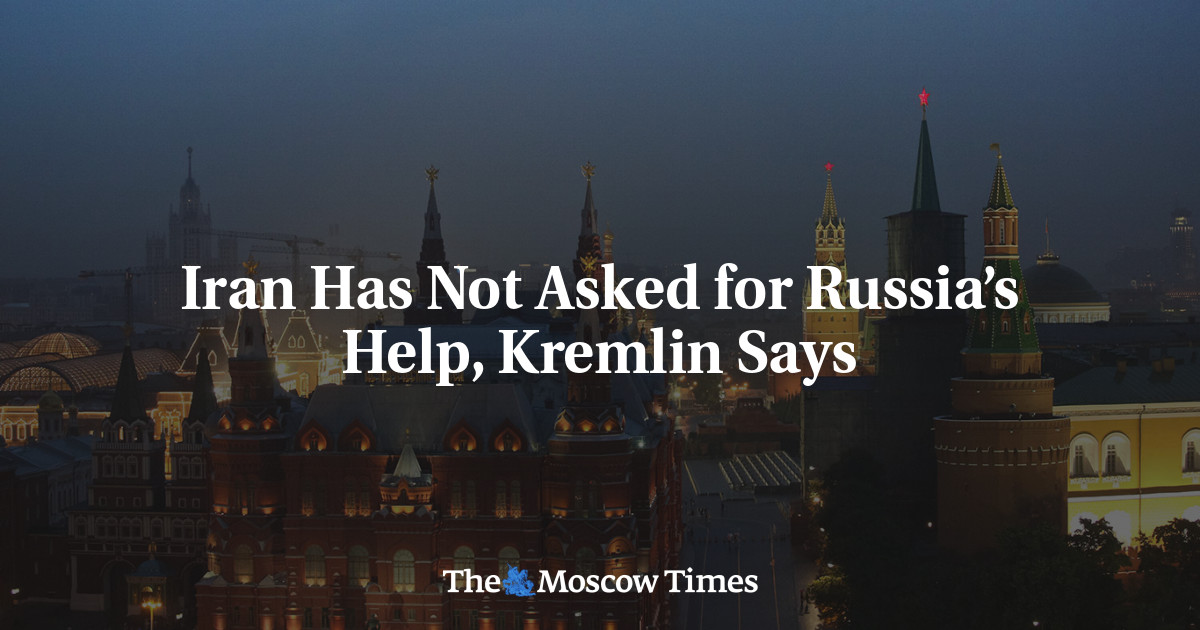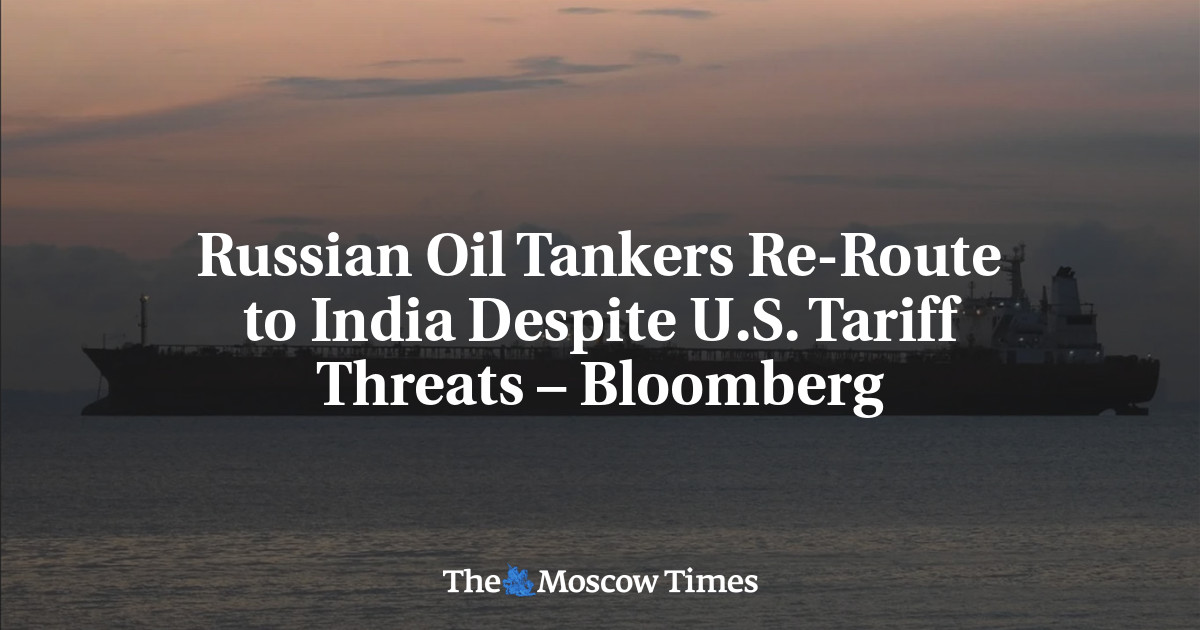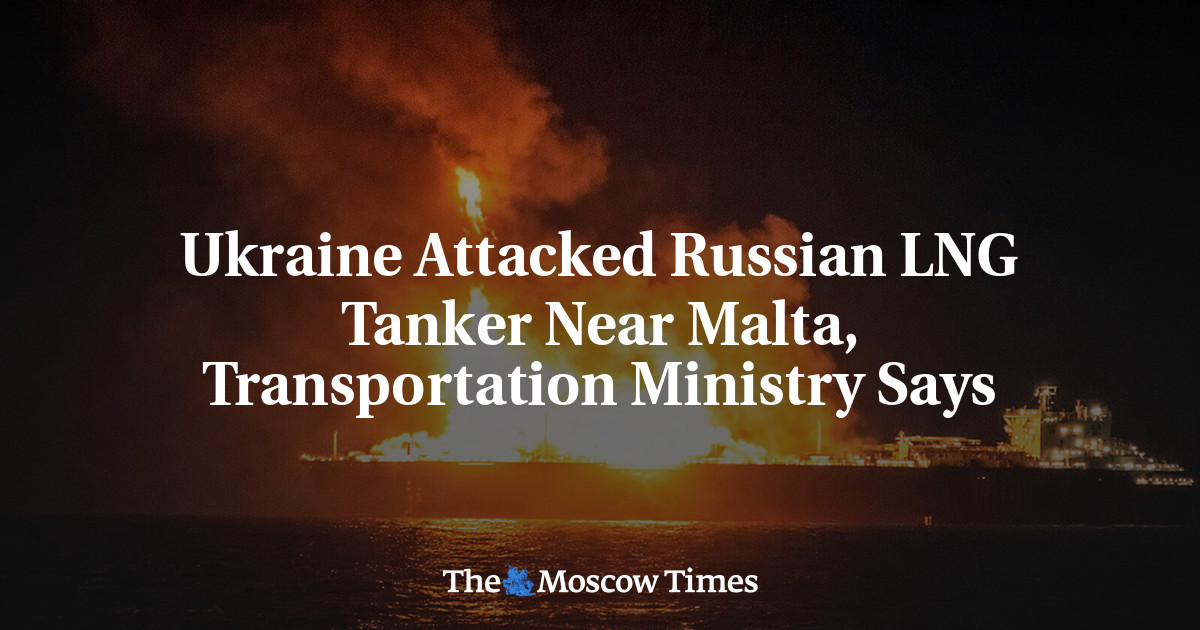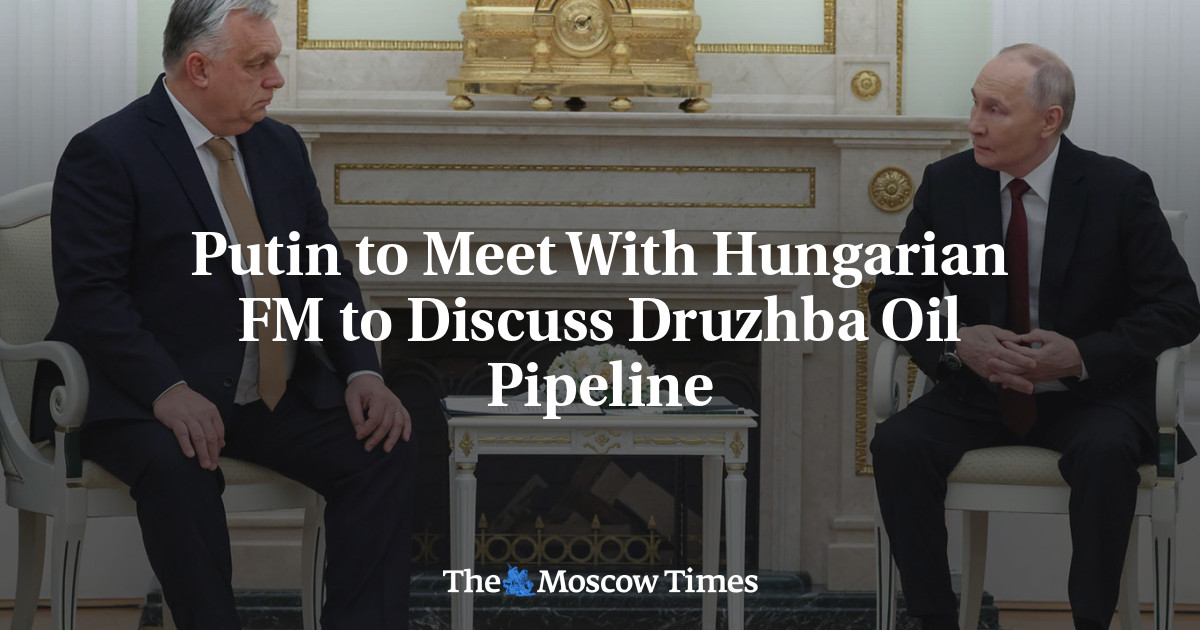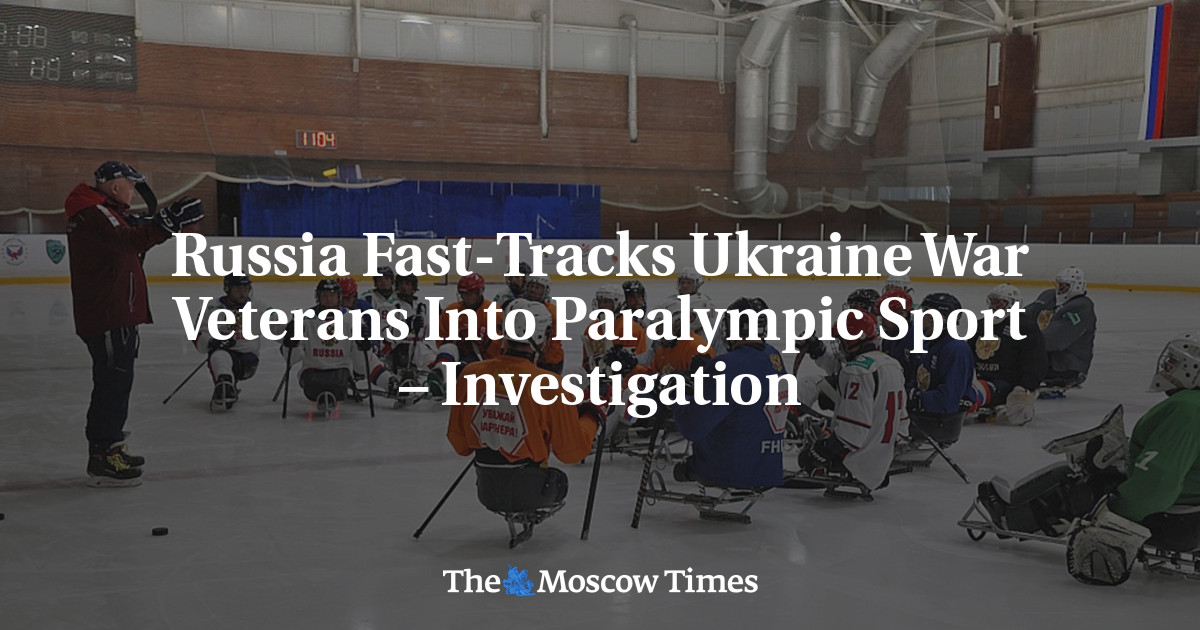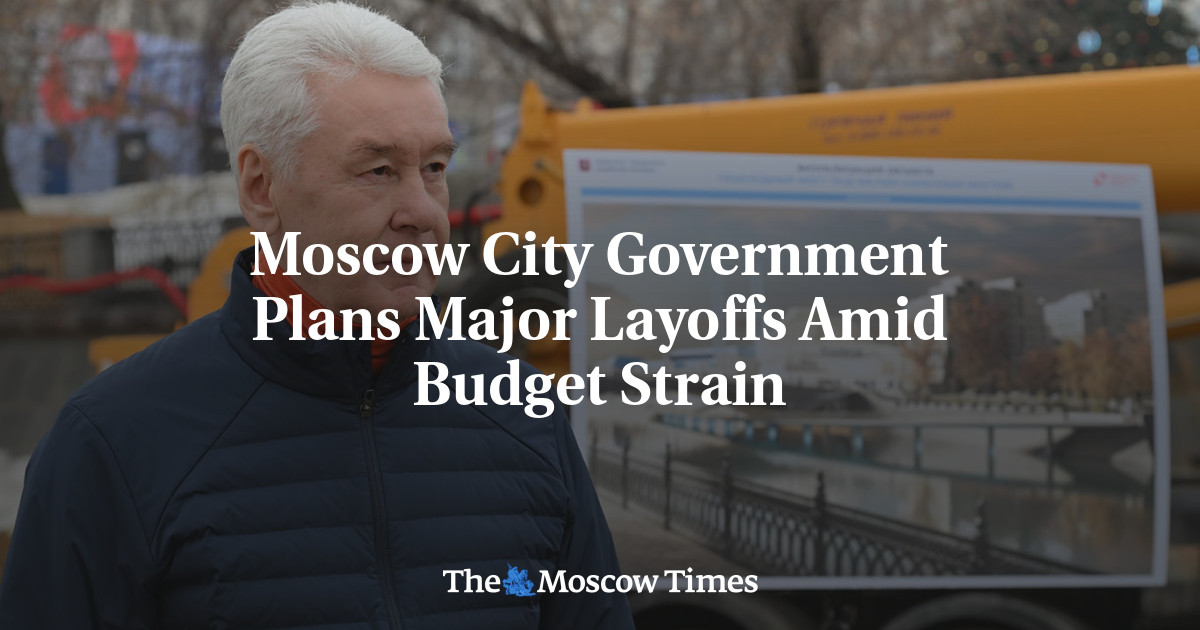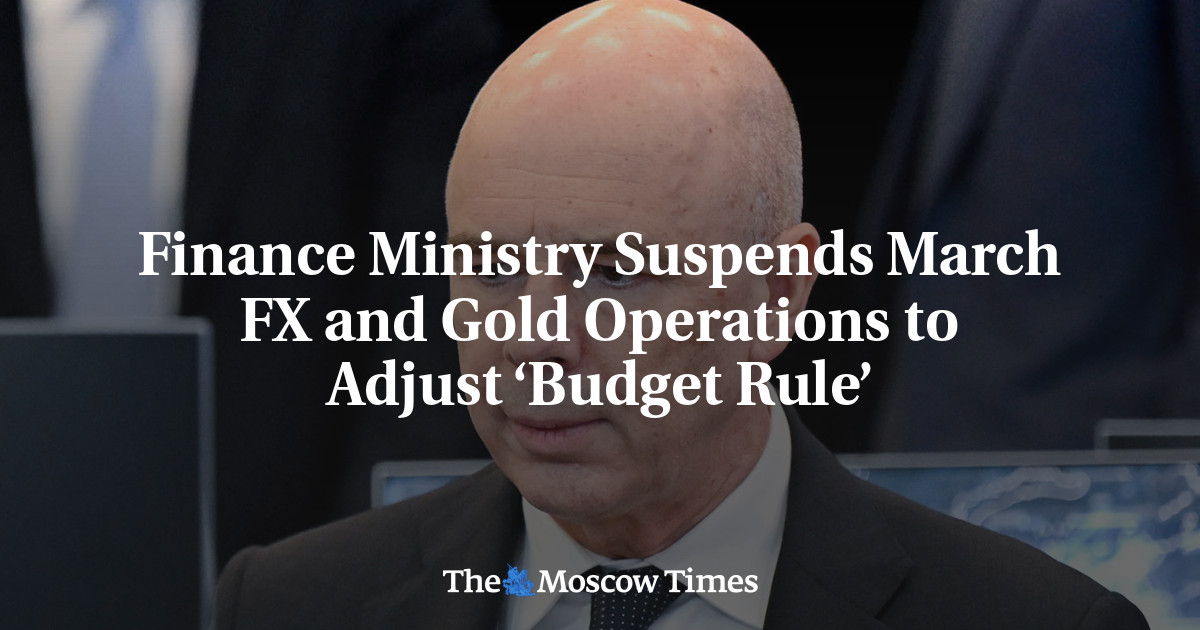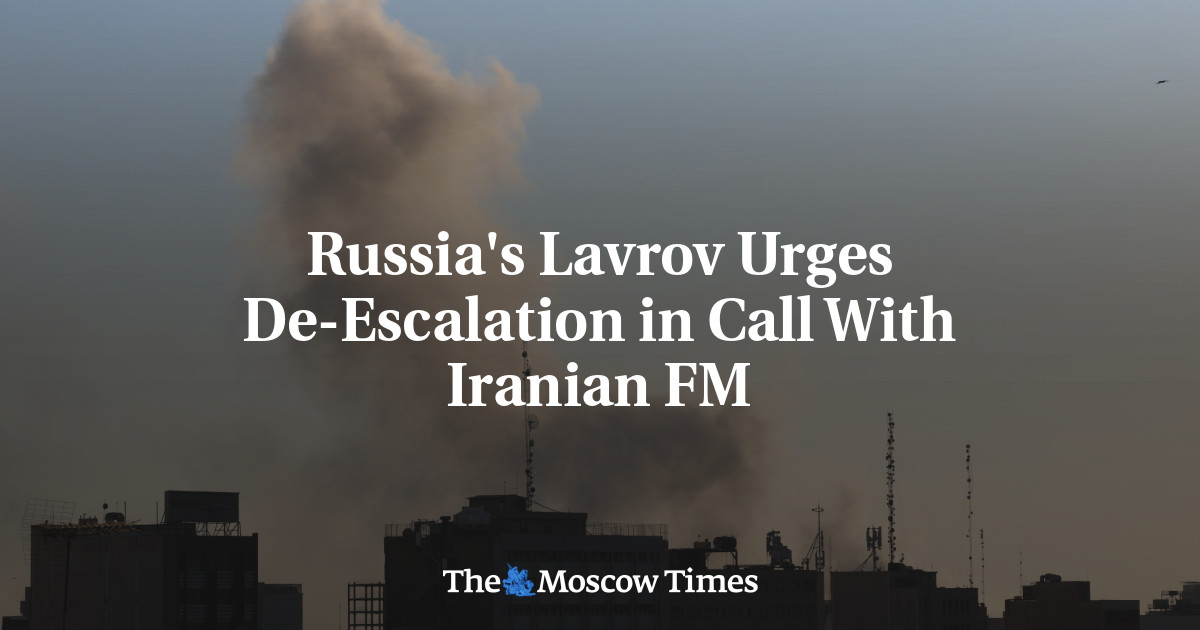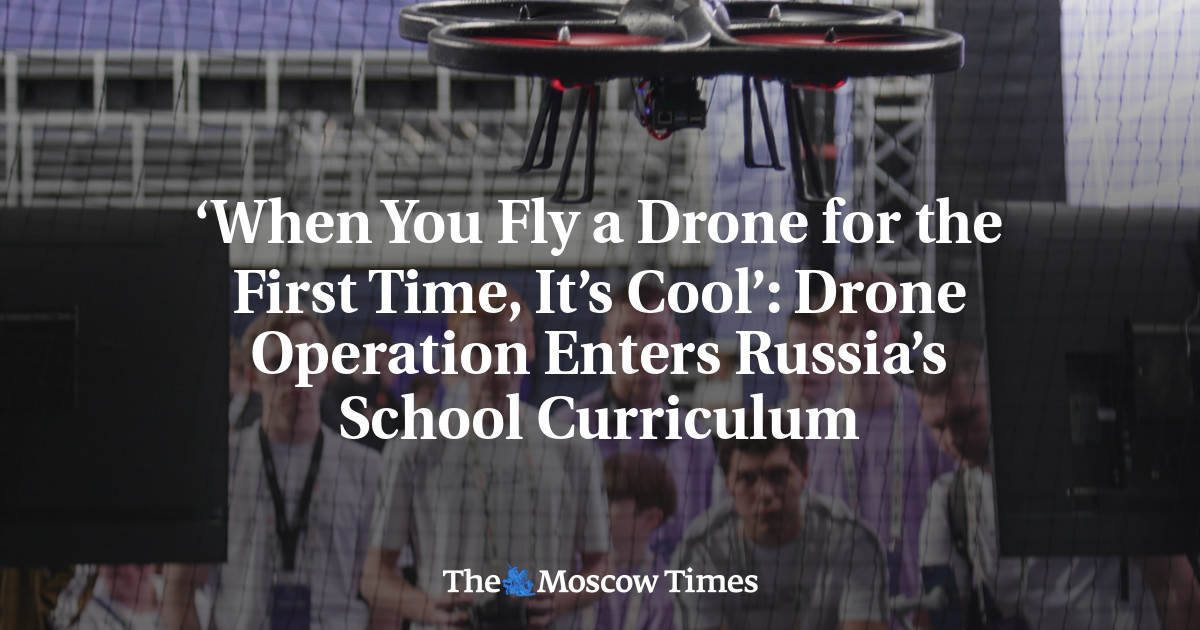Nearly four years after Russia launched a full-scale war on Ukraine, St. Petersburg today exists in a strange limbo.
Though the front lines are hundreds of miles away, drones occasionally fly overhead, airports shut down without warning and military recruitment ads are plastered over bus stops.
The Moscow Times spoke to five residents of Russia’s second-largest city about how the war has transformed their everyday lives. Their surnames have been withheld to protect their identities.
Maria, 32: ‘I dream of men dancing instead of killing’
Maria manages a dance school in central St. Petersburg.
“Everything comes in waves,” she says, describing how student enrollment has fluctuated since the war began. “The first wave of departures came right after February 24, 2022. Many of our regular students left the country. Then came the second wave during the mobilization in September — that really hit us hard.”
The international connections that once enriched her school have largely vanished. “We used to have foreign instructors flying in regularly for seminars. Now, if someone comes once a year, that’s amazing.” Personal travel has become prohibitively expensive. “It’s not that I can’t get a visa — you generally still can — but the flight costs are simply impossible now.”
Maria tries to find humor in her everyday reality. “I constantly think about how much better it would be if men came to dance instead of taking up weapons and going to kill people in a neighboring country. I even thought about making that our school’s slogan on social media, but I understand perfectly well that I’d be arrested immediately.”
Despite the challenges, the dance classes continue. “Men are actually coming back to dance now. Maybe that’s something,” she says. “We keep dancing and hope for a brighter future.”
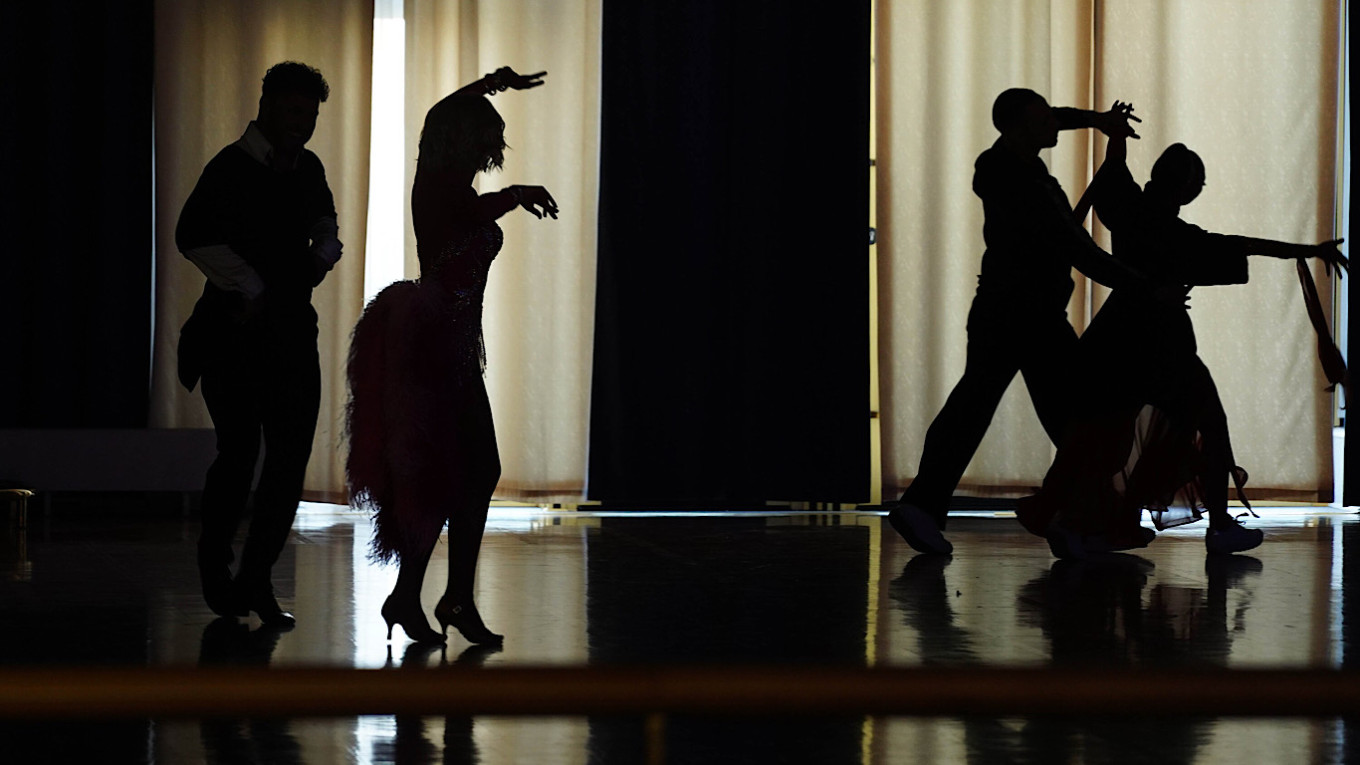 Alexander Avilov / Moskva News Agency
Alexander Avilov / Moskva News Agency
Tatyana, 38: Silence as survival
Tatyana works at a photography studio and got divorced in September 2022, when the Kremlin launched its “partial” mobilization for the war. “Bad timing,” she jokes, though nothing about it feels funny.
“When you live in normal, peaceful times, personal problems hit you hard but your mind is free from fear about the country’s future,” she says. “Here, you’re forced to think about whether it’s even safe to live and stay here with your child. This weighs heavily on your ordinary life.”
Her daughter comes home from school with assignments to write essays about “our heroes in the special military operation” and to memorize poems about defending the Motherland. Parent groups on WhatsApp have become “a continuous stream of propaganda posts” celebrating military victories and sharing fundraising appeals for soldiers.
“When your opinion doesn’t match the majority’s, you have to either stay silent because you’re afraid to speak up, or...” She pauses. “I choose to stay silent. If I speak out against it openly, there’s a risk that among 35 students’ parents, someone will report it.”
Her monthly salary of 80,000 rubles ($1,000), once considered a decent income, now barely covers rent and basic necessities as prices have soared.
“Three to five years ago, this was good money. You could set aside savings, pay for vacations, children’s activities. Now it’s impossible. You can’t plan anything. There’s no money, and every day there are new laws, new restrictions. You never know what will be banned tomorrow or what will become too expensive.”
Artyom, 47: A doctor who stopped reading the news
Artyom is a trauma surgeon who made a radical decision six months ago: he stopped reading the news completely.
“I unsubscribed from all the news because I couldn’t cope anymore. That made things much easier,” he says. But he can't escape from the military recruitment ads at bus stops that promise 200,000-ruble ($2,500) salaries for contract soldiers, more than triple what most doctors earn.
“The sign-up payment is 3 million rubles [$37,600]. With my salary, I’d need to work more than four years to earn that much. And military personnel get it simply for signing a contract,” he says bitterly.
His work brings him face-to-face with the war’s impact. “Soldiers often come to me after their service. This is the most nerve-wracking for me because you don’t know what kind of person is in front of you, what their psychological state is.” Many arrive with a particular attitude: “Usually these are quite aggressively minded men with this mindset of ‘I’m a hero, everyone owes me’.”
Artyom lives with his wife and 12-year-old daughter. “If we had the opportunity, we’d leave. But that’s impossible on a state hospital doctor’s salary,” he says. They are researching European university grants, hoping to eventually send their daughter abroad to study. “We want to give her a chance to study in a country free from dictatorship.”
The atmosphere at work has become toxic. “My colleagues don’t support me — everyone is quite ‘patriotically’ minded, constantly talking about NATO and how the whole world wants to destroy Russia.” To Artyom, this makes no sense. “You’re a doctor, you should be for life, for any life. But for most people, apparently, only Russian lives matter, while Ukrainians can be killed because they’re ‘Nazis’.”
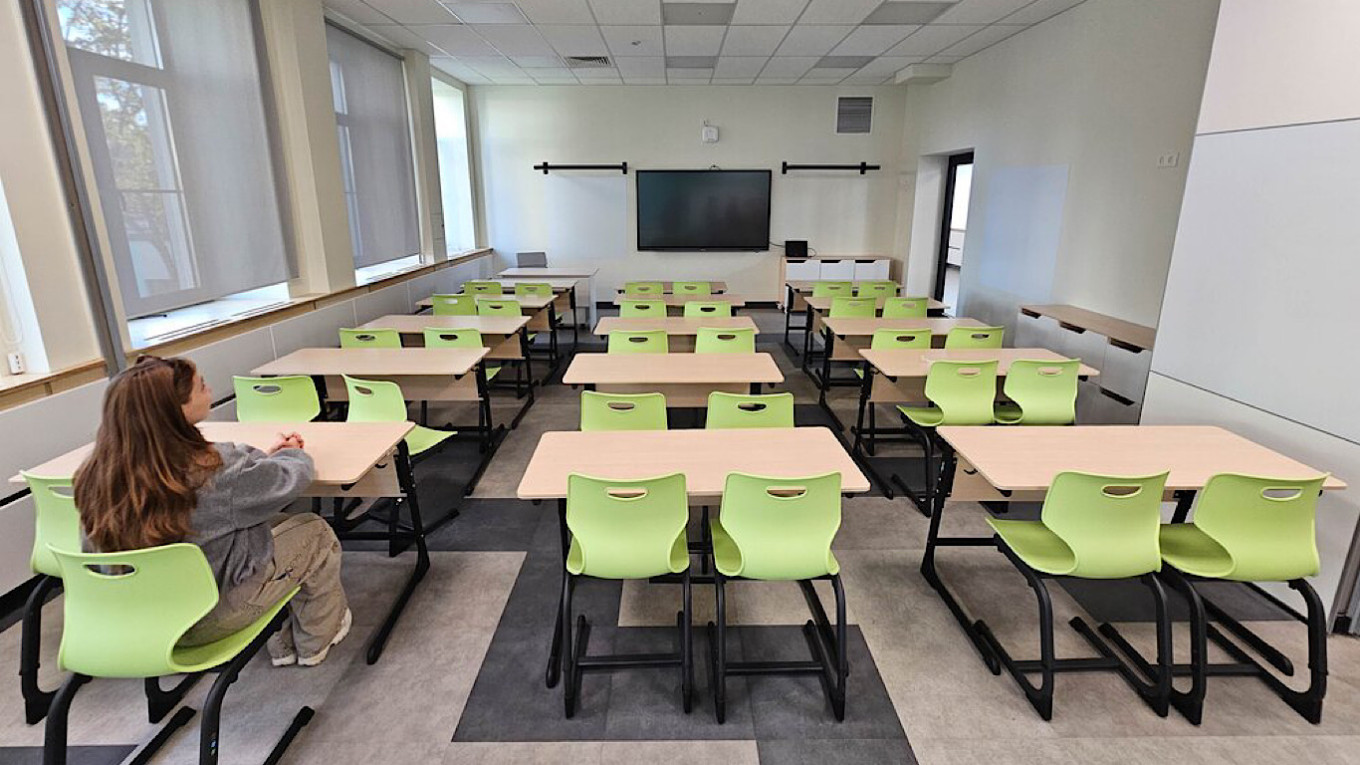 Moskva News Agency
Moskva News Agency
Oksana, 42: Racing against time and repression
Oksana founded her private elementary school with a simple vision: treating each child with respect and understanding, fostering individual development and creating a safe educational environment. These principles, she explains, are “unfortunately everything that free public education cannot offer.”
The war has made her mission both more urgent and more dangerous. In state schools, children now draw greeting cards for “Crimea Annexation Day” and create artwork celebrating military themes. Teachers are instructed to incorporate “patriotic education” into every subject. Even mathematics problems now feature soldiers and weapons.
“Military propaganda in regular schools is horrifying,” Oksana says. “Not everyone can afford private education, and many of our clients have left the country.” Still, her school continues serving families who share her values. “We have wonderful children, wonderful parents — they’re the only reason I have any faith that all is not lost.”
Oksana lives in constant fear of following the path of Belarus, where private schools have been systematically shut down or forced to adopt state curricula. “For nearly four years, I’ve lived in fear that what happened in Belarus will happen here — that private education will have almost no chance of survival.”
Every day she tries to create some kind of normal space for her students. But each new restrictive law makes it harder. “You try to believe in that bright future we all dreamed of building for our children. But with each new day, each new law, each terrible news report about another bombing and dead Ukrainians, believing gets harder and harder.”
Nikita, 22: A journalist who delivers packages
Nikita studied journalism for four years. He now delivers packages for Yandex, navigating St. Petersburg’s streets with other people’s purchases instead of pursuing stories.
“Honestly, I just got tired of university studies. I didn’t get much from them,” he says.
But there is more to the story. He grew sick of the propaganda that took over campus, from mandatory courses on “information security” that were actually about identifying “fake news” from Western sources to professors who taught students to write patriotic features about local military families.
And what would he do with a journalism degree now? “All the media where you could work as a real journalist — they’re either blocked, labeled as foreign agents or their journalists have fled the country. What’s left? Russia Today? Channel One? I’d rather deliver packages,” he says.
He is saving up his money, but doesn’t know what for. “Maybe to leave? Maybe to wait until something changes? I don’t know.”
His elderly neighbor keeps asking why he has not joined the army — they pay well there, better than any civilian job for someone his age. “I don’t want to kill people, neither for free nor for money,” he tells her.
“I spent four years learning how to be a journalist, and now journalism as I understand it doesn’t exist here anymore. So I deliver other people’s purchases and try not to think about what I’m supposed to do with my life.”
A Message from The Moscow Times:
Dear readers,
We are facing unprecedented challenges. Russia's Prosecutor General's Office has designated The Moscow Times as an "undesirable" organization, criminalizing our work and putting our staff at risk of prosecution. This follows our earlier unjust labeling as a "foreign agent."
These actions are direct attempts to silence independent journalism in Russia. The authorities claim our work "discredits the decisions of the Russian leadership." We see things differently: we strive to provide accurate, unbiased reporting on Russia.
We, the journalists of The Moscow Times, refuse to be silenced. But to continue our work, we need your help.
Your support, no matter how small, makes a world of difference. If you can, please support us monthly starting from just $2. It's quick to set up, and every contribution makes a significant impact.
By supporting The Moscow Times, you're defending open, independent journalism in the face of repression. Thank you for standing with us.
Continue
![]()
Not ready to support today?
Remind me later.
 (1).png)
 4 months ago
37
4 months ago
37

